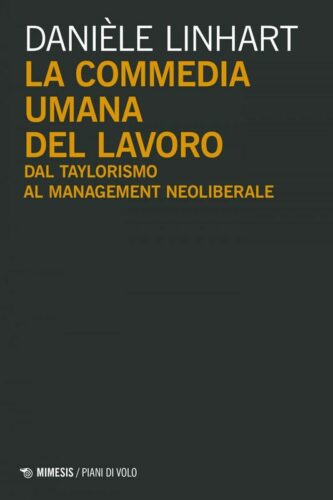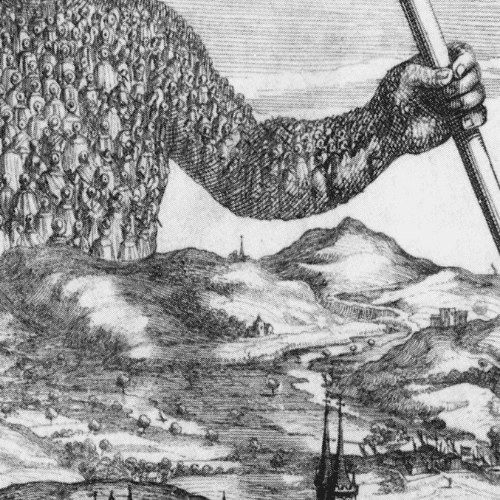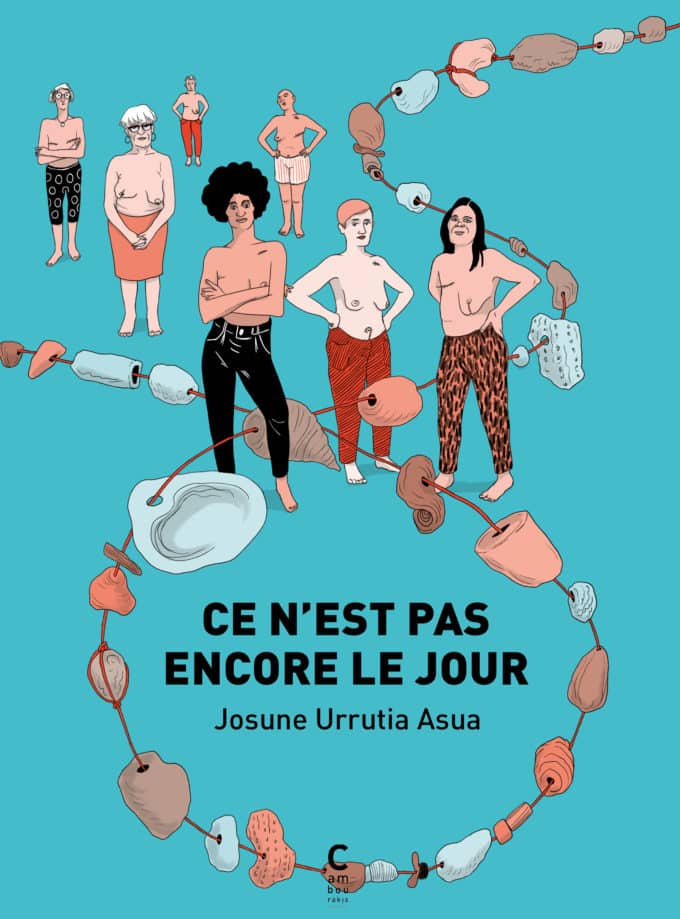The first of the planned translations as part of the ArTLib research workshop – Work and Freedoms was published on April 21, 2021 in Italian by Mimesis Editions in Milan. It is the volume La comédie humaine du travail (The Human Comedy of Work) by Danièle Linhart, a sociologist at CNRS and a speaker at the 3rd ArTLib conference in 2019: “The Subordination of Employees: The Eternal Managerial Obsession”. The book was originally published in French in January 2015 and received the Social Writing Award 2015.
The ArTLib Editorial Project
ArTLib’s public activity is not only about organizing conferences and debates with the best specialists in France. It also includes a series of publications directly related to these moments of meeting and discussion that started in 2019 at Iméra.
As part of this, the collective work Work and Freedom Today, directed by E. Donaggio, J. Rose, and M. Cairo, will be published in early 2022 by Érès Editions. This book will collect contributions from the conference guests in 2019 (C. Dejours, D. Linhart, M. Lallement, and others), as well as an introduction, two chapters, and a conclusion written collectively by ArTLib members during long writing and reading sessions.
In parallel, to revive the once fundamental Italian-French scientific debate around the founding questions of ArTLib, a series of translations is also planned, with an original afterword, of the most important books by ArTLib guests, many of which have not been published on the other side of the Alps. The first of these volumes – La comédie humaine du travail by Danièle Linhart – has just been published in Italian.

Summary and information on the book in Italian: https://www.mimesisebookstore.it/fr/products/la-commedia-umana-del-lavoro
Summary and information on the book in French: https://www.editions-eres.com/ouvrage/3530/la-comedie-humaine-du-travail
La comédie humaine du travail – From Taylor’s Dehumanization to Managerial Over-Humanization
With Taylor, the “father” of scientific organization of work, workers became passive cogs, subject to strict conformity to instructions and procedures. Their work was supposed to take place independently of their state of mind, their feelings, and their knowledge.
Modern management seems to be at the opposite end of such an orientation. It proclaims its desire to recognize the human dimension of employees, relies on their subjectivity, their personality, and tends to “psychologize” work relationships.
However, Danièle Linhart argues that the logic remains the same: in both cases, there is actually a disqualification of professions, professionalism, and experience that tends to reinforce the domination and control exerted by leaders. The result is the same: work loses its meaning, it exhausts. Worse still, modern work subjectively precarious the employees who, constantly put to the test, are led to doubt their own worth and legitimacy.
By linking Taylor to modern managers, the author questions this ideology that is increasingly taking place in the reality of work as it emerges through her own research and that of social science specialists in work.



